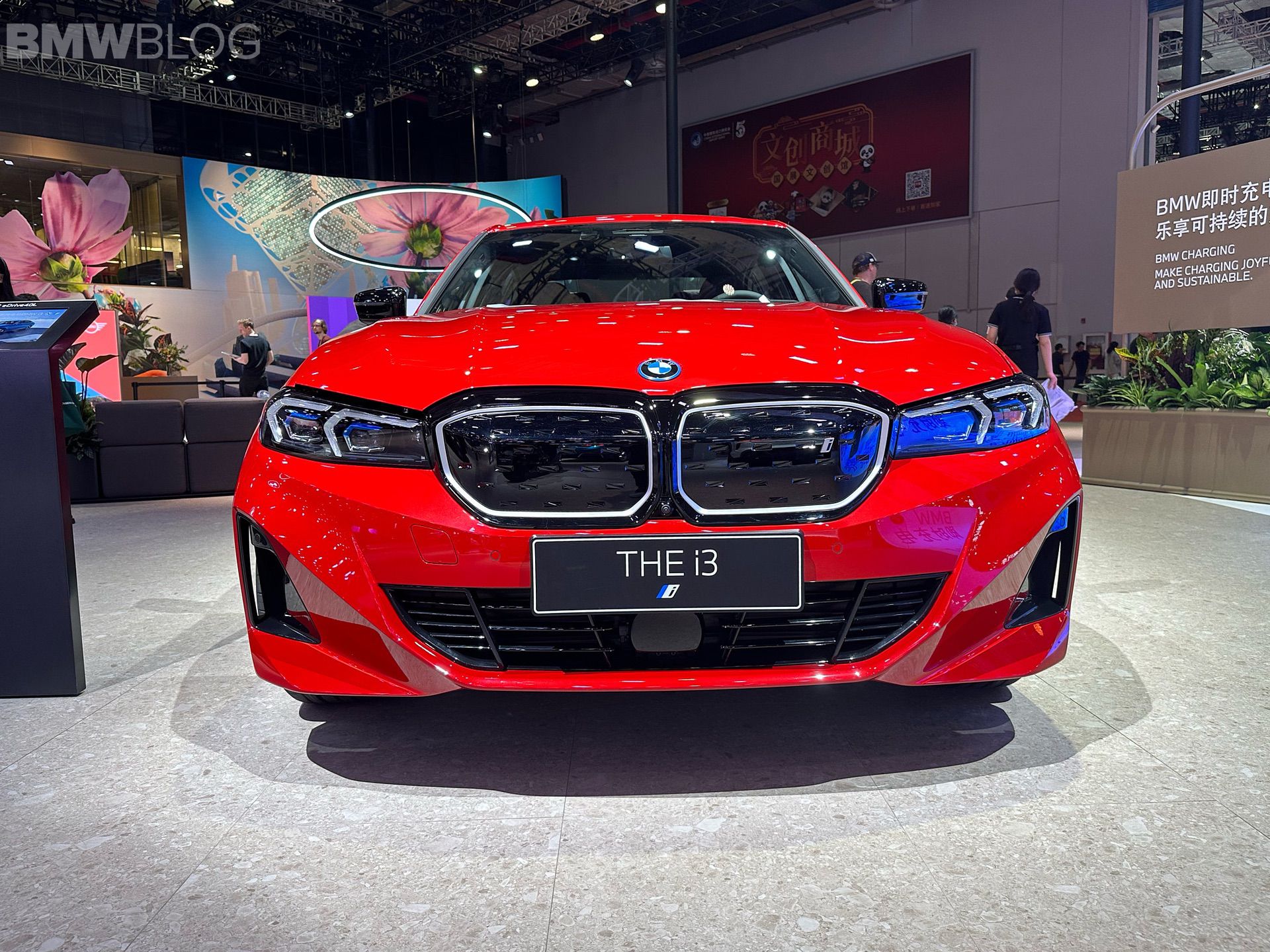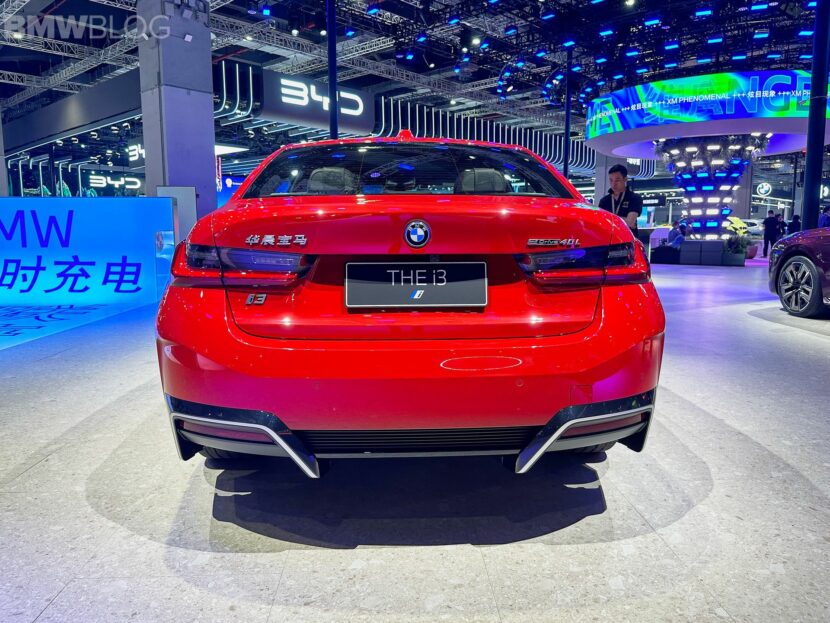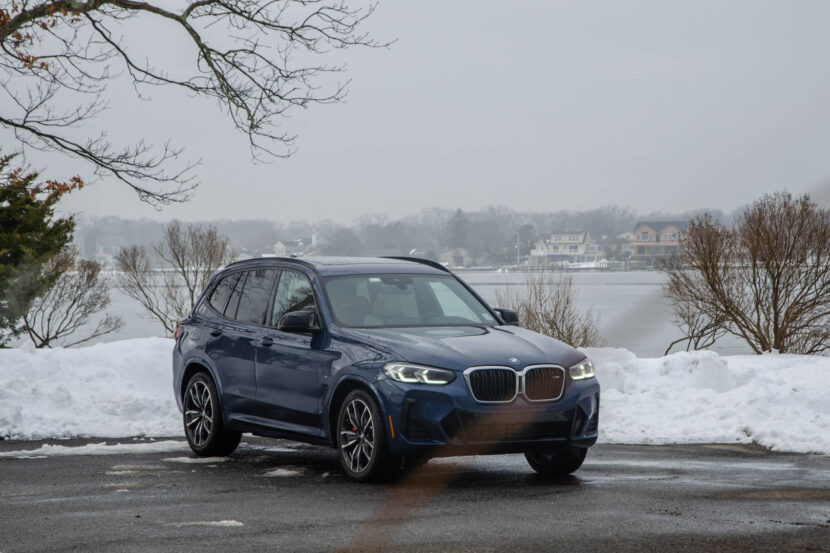BMW has been quite vocal about how rushing the sales ban on new cars with combustion engines in the European Union by 2035 could backfire. CEO Oliver Zipse has gone on record several times saying the charging infrastructure won’t be ready by the middle of the next decade. In addition, he also believes not everyone will be able to afford an EV. Speaking prior to the 2023 IAA Mobility in Munich, the 59-year-old executive brought to light another potential risk.
He believes that if the EU sticks by its plan to ban sales of new gasoline/diesel cars in just 12 years from now, “the base car market segment will either vanish or will not be done by European manufacturers.” By “base car,” Zipse was referring to the most affordable vehicles money can buy. Since BMW is a luxury brand and isn’t competing in the mainstream segment, the company’s CEO said this possible price war with Chinese automakers is unlikely to impact BMW.
Zipse sees this issue as an “imminent risk” for volume brands but he insisted BMW is unlikely to have a problem since Chinese automakers typically have aggressive pricing for lower-tier models. Speaking of which, BMW is collaborating with local automakers such as Brilliance Auto for the BMW Brilliance Automotive joint venture created in 2003. It builds several models in the country, some of which are exclusive to China, including the 3 Series Li / i3 Sedan, 5 Series Li, and long-wheelbase versions of the X1 and X5. It also teamed up with Great Wall Motor in 2019 to create the Spotlight Automotive joint venture that will build the electric MINI 3-Door and Aceman in China.
The interview with members of the media was also a good opportunity to highlight what he believes is an underdeveloped charging infrastructure, which he labeled as being “far behind expectations… there are countries where they are not developing anything at all.”
Although the EU legislation is being changed to allow sales of ICE cars running on synthetic fuel, most automakers are planning to switch their lineups to battery-powered EVs by 2035 or even sooner.
Source: Financial Times






































































